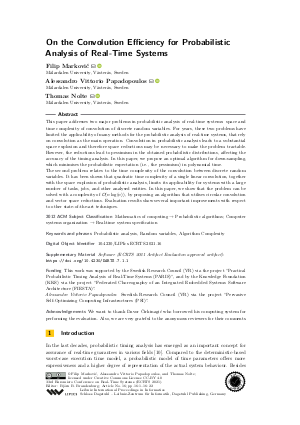LIPIcs.ECRTS.2021.16.pdf
- Filesize: 0.92 MB
- 22 pages

 Creative Commons Attribution 4.0 International license
Creative Commons Attribution 4.0 International license


























Feedback for Dagstuhl Publishing